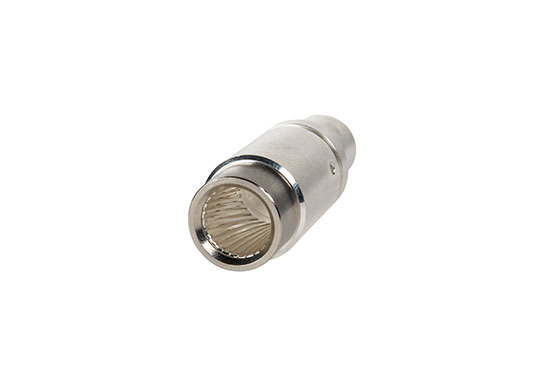Hyperboloid Contacts

Descripció del producte
Hyperboloid Contacts
The hyperboloid contacts spring terminal is the patented product specially developed and researched by AP team to match the high current connector of the electric vehicle. It is processed according to the principle of hyperboloid, which is the technology closest to the theoretical hyperboloid. And the hyperboloid contacts structure is able to meet the market demands of multi-variety and small batches.
Features of Hyperboloid Contacts
Mechanical life: ≧10000 times
Standard hyperboloid contact,
Soft mating forces
Low contact resistance, high ampacity, low-temperature rise
Safe installation and connecting
High mechanical durability
Application: electric vehicle, Energy storage
Advantages of Using Hyperboloid Connectors
Hyperboloid connectors offer improved load-bearing capabilities and increased stability compared to traditional point or line contacts.
Hyperboloid connectors have improved resistance to wear and tear, making them suitable for use in high-stress applications.
The use of hyperboloid connectors can lead to improved performance and reduced maintenance costs in many applications.
Common Applications of Hyperboloid Contacts
Hyperboloid contacts are used in a variety of engineering and manufacturing applications, including aerospace, defense, telecommunications, and robotics.
They are particularly useful in applications requiring high load-bearing capabilities, stability, and resistance to wear and tear.
Hyperboloid contacts are often used in harsh environments where other contact mechanisms may fail, such as high temperatures, high pressures, and corrosive environments.
Specifications of Hyperboloid Contacts
Product Code Dimension(Ø) (mm) Rated Current (A) Contact Resistance≦(mΩ) Pulling Temperature Rise

